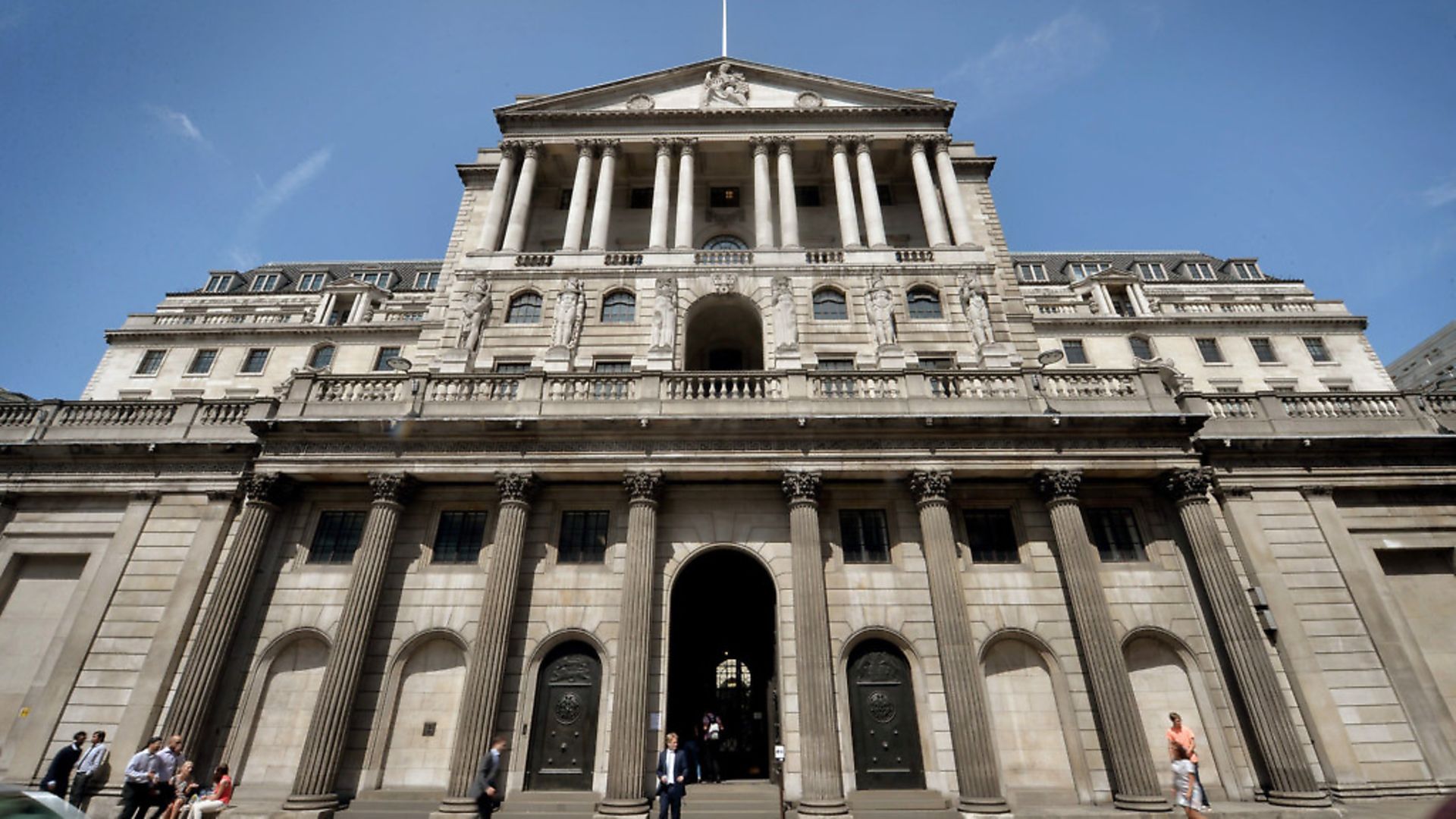
Recent economic results are not good for the UK. When, will we blame you-know-what?
The economy is at a virtual standstill.
Growth of just 0.1% in the first quarter is the slowest rate seen for almost six years.
At what point do we finally blame Brexit for the sharp contraction that is being seen across the construction sector, for the downturn in consumer spending and for dwindling factory output?
After last week’s dismal GDP figures, this week we saw yet more evidence of a weakening economy. Manufacturing hit a 17-month low and the consumer goods sector showed the fastest drop in hiring for six and a half years.
The Beast from the East might have been to blame in February and March for the sharp slowdown in activity, but there were no such excuses for April.
The chances of the Bank of England raising interest rates this month look dead in the water.
In another worrying sign, consumer credit growth also slowed sharply in March. Unsecured lending – mostly car loans and overdrafts – fell from £1bn to £100m between February and March. This is the lowest level in six years and gives an indication of just how rapidly the UK economy is faltering.
Uncertainty surrounding the Brexit negotiations is bound to have played a part in consumers turning away from borrowing to buy big ticket items like cars and furniture.
We can point the finger at Brexit for much of the economy’s slide because the UK is performing weaker than the US and European nations and because consumer-facing industries have been hardest hit. These were vulnerable to a slowdown in consumer spending, since the pound’s post-referendum slump which pushed up inflation and squeezed real incomes.
So what about that harsh winter weather? The ONS said the snow’s impact was ‘limited’ since worse retail and construction figures were offset by higher energy supply and online sales. Here’s an example: according to Travis Perkins the builders’ merchant, general merchandise sales fell as builders downed tools but heating engineers and plumbers were working overtime to fix broken boilers. Sales in that part of the business were up nearly 20%.
It has taken two years to get there, but with 331 days to go the Treasury’s Brexit forecast of 0.1% growth has materialised.
Which brings us to the biggest business story of the week: the mega-merger of Sainsbury’s and Asda.
The £7.3bn merger cooked up between the grocery chiefs comes from a position of weakness. Sainsbury and Asda both lost market share in the last three months, according to industry figures, while Tesco and Morrison’s held steady. Lidl and Aldi, not surprising, have continued their advance into the UK market.
But the bigger threat to Sainsbury’s and Asda is barely off the blocks. The world’s second-largest company, Amazon, and its desire to deliver our groceries lies behind Sainsbury’s and Asda’s grand plan. By combining forces Sainsbury’s and Asda will be able to benefit from the huge buying power of Asda’s US parent, Walmart, and take advantage of its hefty investment in digital innovation.
The overarching complaint of businesses about Brexit has been that uncertainty is blighting their progress, but a significant number of companies have exploited Brexit uncertainty to make strategic shifts.
Since the start of the year, there has been something of a deal frenzy in the City with UK companies taking advantage of low interest rates to bulk up against Brexit. There remains continuing interest from overseas buyers in UK businesses, which still look cheap following the devaluation of sterling.
Until Sainsbury’s and Asda, GKN and Melrose was the biggest all-UK merger going through. Other mergers under way include electronic payment companies CME and NEX.
Meanwhile, Japan’s Takeda looks set to buy the UK pharmaceutical Shire for £35bn and US cable company Comcast has formally offered £22bn for broadcaster Sky.
There is clearly a trend towards domestic consolidation as we head into the post-Brexit unknown. UK plc is circling the wagons.










